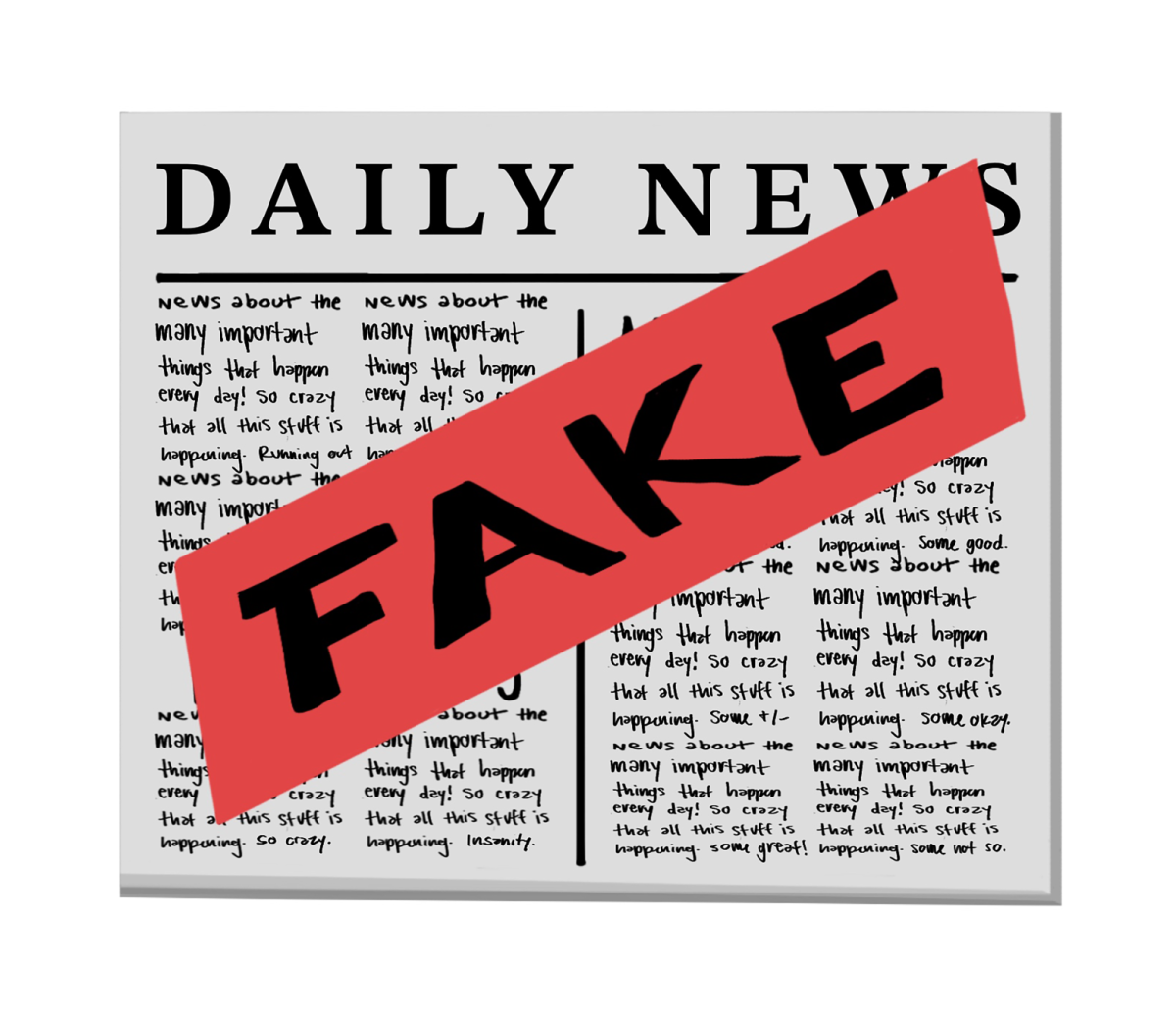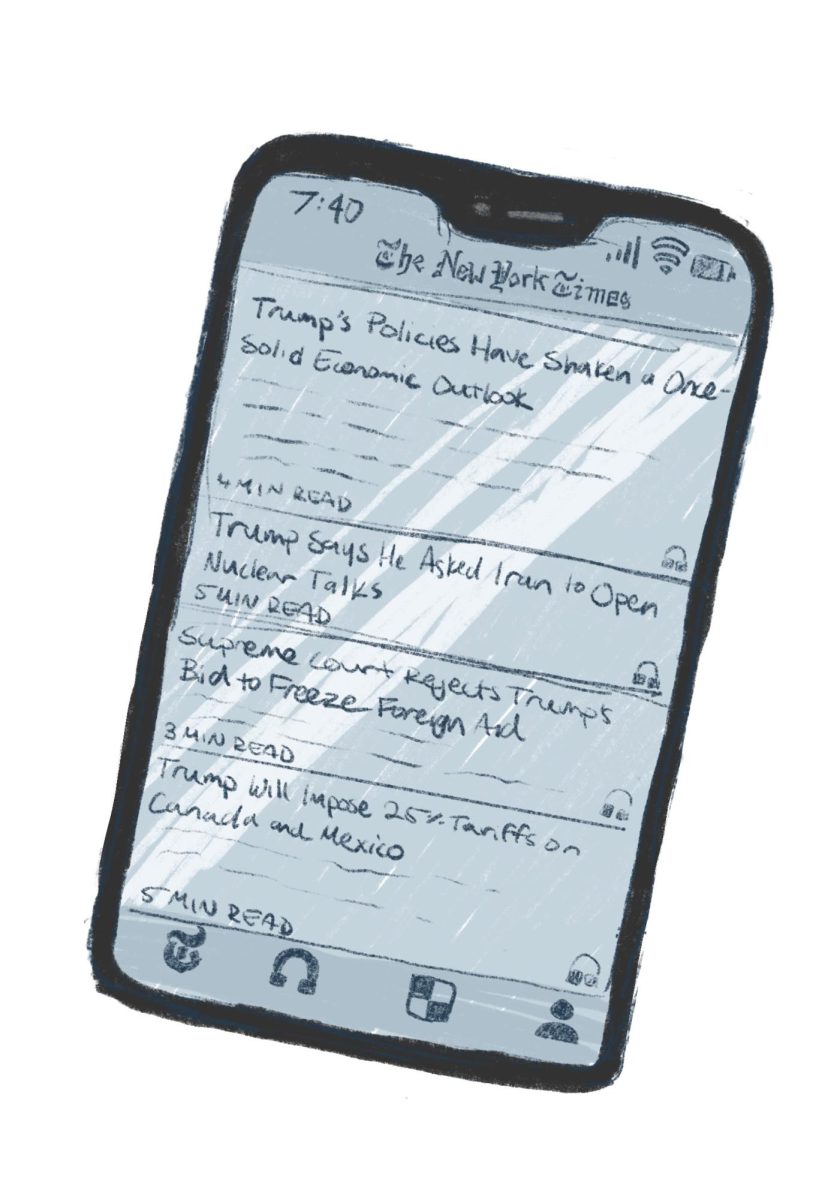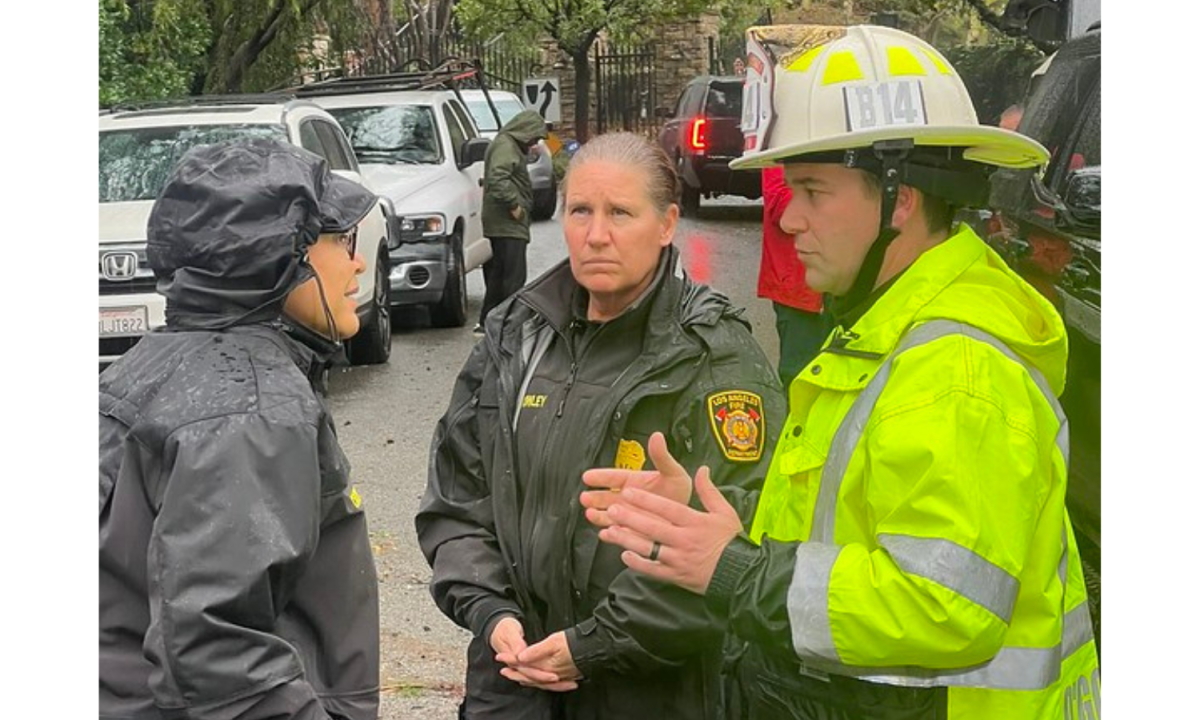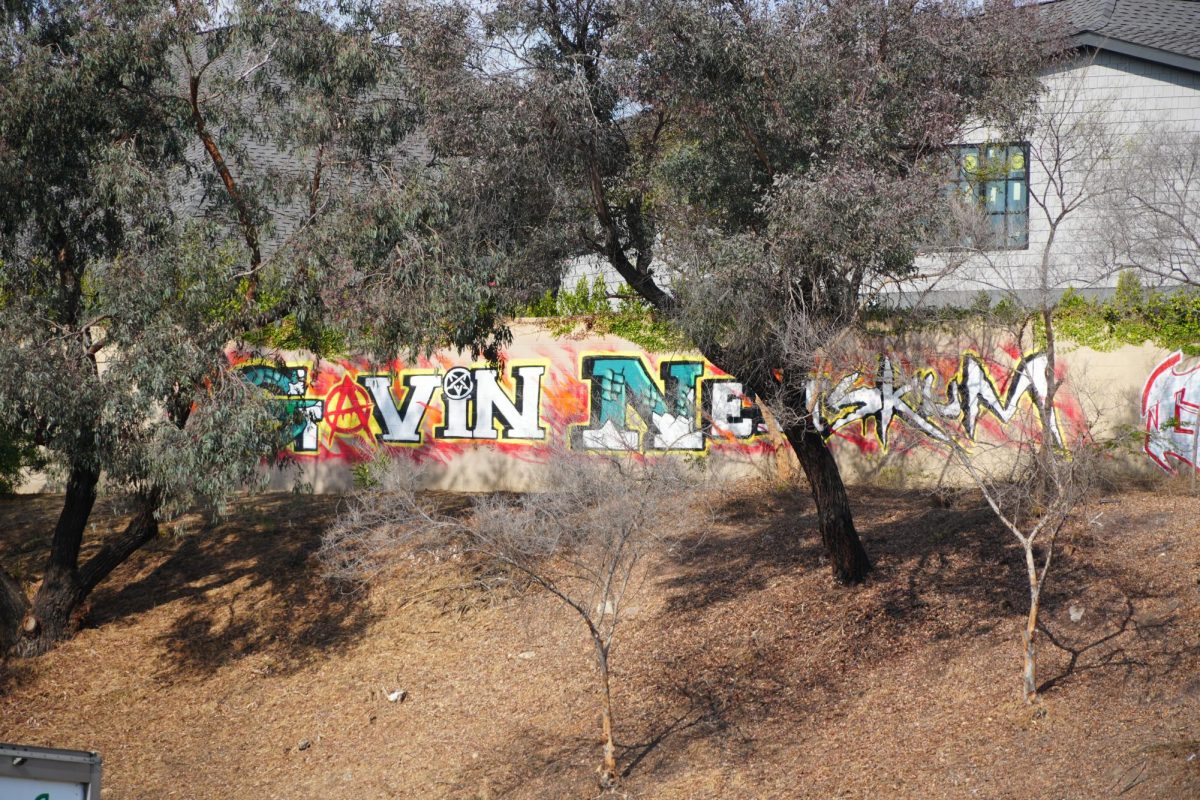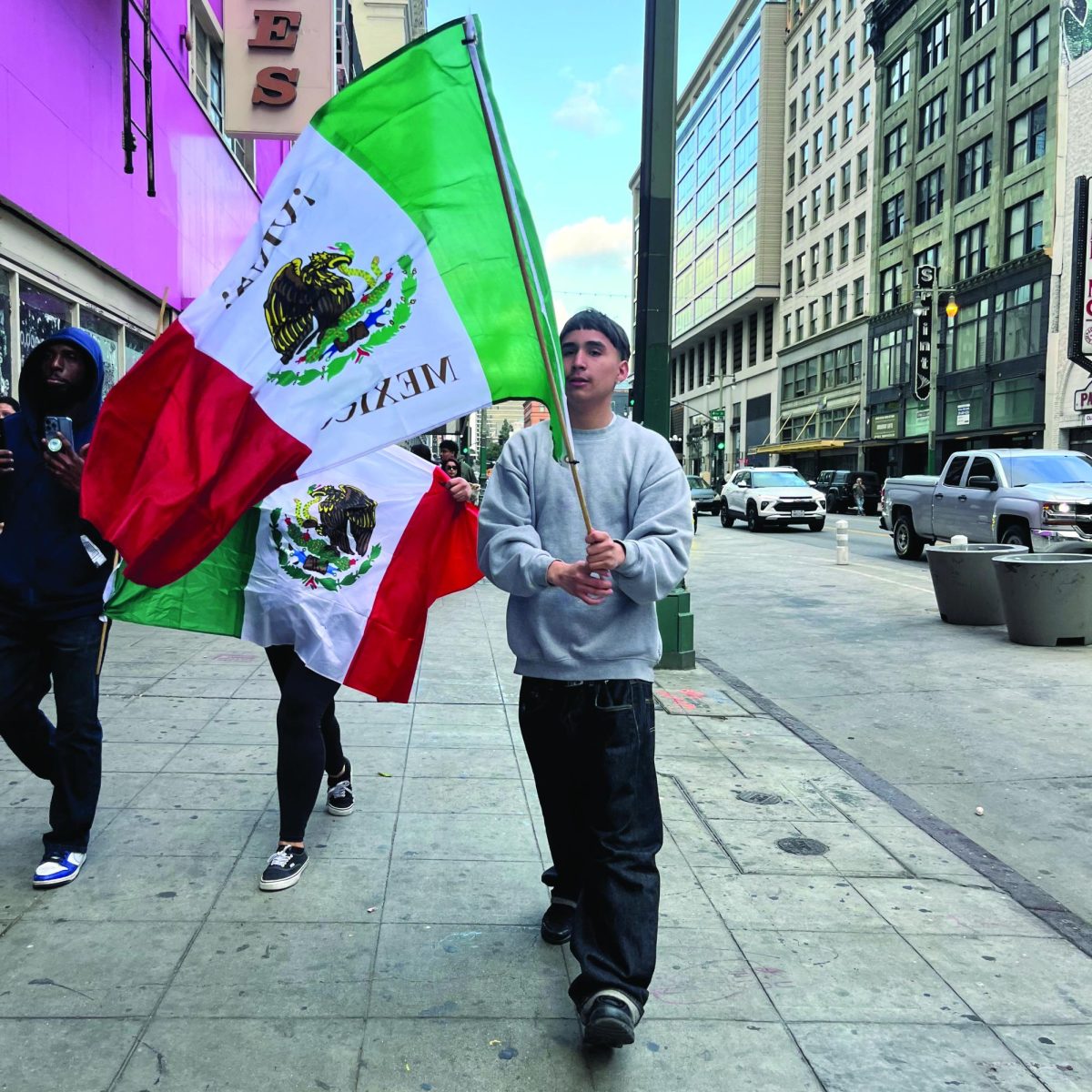On Oct. 7, 2023, the terrorist group Hamas launched a surprise attack on Israel in both the Gaza Strip and Israel’s bordering areas. Following this attack, there have been innocent Palestinian and Israeli deaths, and people passionate about the conflict have turned to online platforms to repost or upload infographics about the issue. After these posts, researchers reported a flood of propaganda and misinformation circulating the internet, especially on social media.
For example, fake videos of Hamas shooting down an Israeli helicopter that turned out to be from the video game “Arma 3” went viral, and people posing as BBC journalists spread false information on X (formerly Twitter). One of the fake journalists, Verona Mark, spread a variety of misleading footage claiming it was of the Hamas-Israel war, but the footage was entirely unrelated to the conflict, according to NPR. This type of propaganda has led to many becoming misinformed about the war.
“While plenty of real imagery and accounts of the ensuing carnage have emerged, they have been intermingled with users pushing false claims and misrepresenting videos from other events,” The Associated Press wrote in an article about misinformation regarding the Hamas-Israel war.
Platforms such as Instagram, TikTok and X have a global group of users and limited fact-checking systems, which allows misinformation to proliferate. X, for example, has removed many systems to reduce the spread of false and misleading narratives ever since Elon Musk purchased the platform.
Certain studies, such as one conducted by USC, have also found that the lack of restriction on social media coupled with the incentivization to post outrageous content in order to receive likes and make money has increased the spread of false information on these platforms.
“The people who are generating lots of content on many social media platforms do so because there’s a financial incentive,” Debate Coach and Program Head Adam Torson said. “It’s designed to produce disinformation and misinformation for the sake of maximizing engagement.”
Unsuspecting users have fallen victim to misinformation on social media by reposting or sharing untrue content and using these sources as their only means of informing themselves. A 2019 study found that 1 in 5 U.S. adults get their political news primarily through social media. Some students at Marlborough have noticed that other students also inform themselves through social media and unintentionally post misinformation on their profiles.
“I think recently there have been a lot of students who put pictures and infographics on their stories with incorrect content, which can lead a lot of Marlborough students to believe incorrect information if they don’t go and do research on their own,” Libby P. ‘25 said.
Misinformation spread via social media platforms has also been reported to influence American politics in the past couple of years. For example, in a study conducted by Columbia SIPA researchers about misinformation spread during the 2016 election, researchers confirmed that Russian-backed social media users who uploaded false content (internet “trolls”) had an influence on the election. Some students worry that political propaganda such as those spread by the “trolls” through social media may have harmful implications for the political engagement of youth, especially with the upcoming election.
“I definitely am concerned about the misinformation that may begin circulating as the election draws closer, and I think that [fake news] will impact teens and many communities as they prepare to vote,” Libby D. ‘25 said. “I do feel confident in the tools that I have been using to help me steer away from misinformation, but I will need to be extra cautious about what I read on social media as I make decisions about the upcoming election.”

